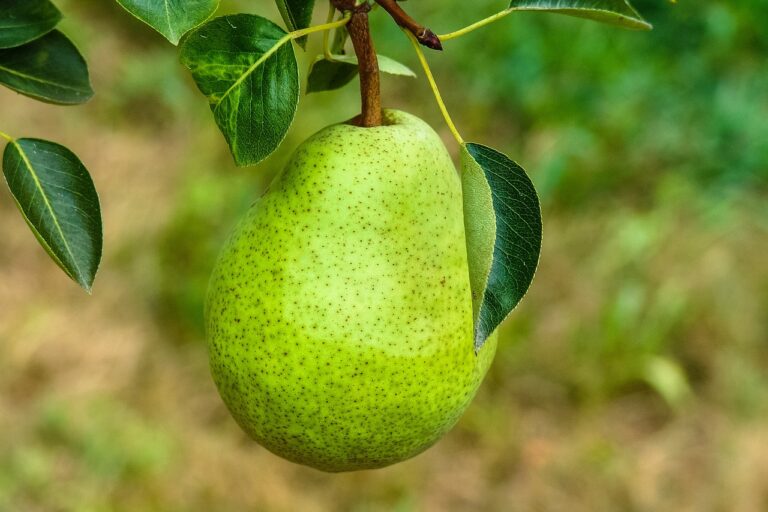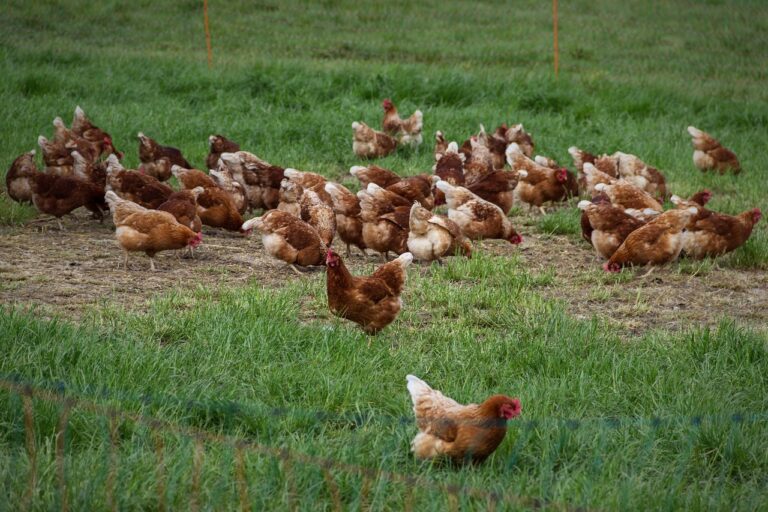The Role of Nut and Seed Processing in Promoting Sustainable Water Management: World7, Mahadev book login, Silverexch
world7, mahadev book login, silverexch: Nut and seed processing plays a crucial role in promoting sustainable water management. By processing nuts and seeds efficiently, we can reduce water waste, conserve resources, and minimize the environmental impact of our food production systems. In this blog post, we will explore how nut and seed processing can contribute to sustainable water management practices and why it is essential for the future of our planet.
Importance of Nut and Seed Processing in Water Management
1. Efficient Water Use in Processing: Nut and seed processing facilities can be designed to use water efficiently, reducing water consumption and minimizing waste. By optimizing water use in processing, we can conserve this precious resource and ensure its availability for future generations.
2. Waste Water Treatment: Nut and seed processing generates wastewater that can contain organic matter and other pollutants. Proper treatment of this wastewater is essential to prevent contamination of water sources and protect the environment. Advanced treatment technologies can help remove harmful pollutants and ensure that wastewater is safe to discharge or reuse.
3. Water Recycling and Reuse: Nut and seed processing facilities can implement water recycling and reuse systems to minimize water usage and reduce their environmental footprint. By treating and reusing process water, companies can conserve resources and reduce their reliance on freshwater sources.
4. Sustainable Sourcing Practices: Sustainable nut and seed processing starts with sustainable sourcing practices. By sourcing raw materials from responsibly managed farms and plantations, companies can support sustainable agriculture and protect water resources. Sustainable sourcing also promotes biodiversity conservation and soil health, further contributing to water management efforts.
5. Community Engagement: Nut and seed processing facilities can engage with local communities to promote sustainable water management practices. By working together with stakeholders, companies can address water challenges, implement water-saving initiatives, and support community development projects that benefit the environment and society.
Challenges and Opportunities in Nut and Seed Processing
1. Energy Consumption: Nut and seed processing can be energy-intensive, leading to increased carbon emissions and environmental impact. Companies can mitigate this challenge by adopting energy-efficient technologies, investing in renewable energy sources, and improving process efficiency.
2. Water Scarcity: Water scarcity is a growing concern in many regions around the world, posing a significant challenge to nut and seed processing operations. Companies can address water scarcity by implementing water-saving measures, optimizing water use, and exploring alternative water sources such as rainwater harvesting.
3. Supply Chain Sustainability: Ensuring sustainability throughout the nut and seed processing supply chain is essential for promoting responsible water management practices. Companies can work closely with suppliers, farmers, and other stakeholders to promote sustainable farming practices, reduce water usage, and minimize environmental impact.
4. Regulatory Compliance: Nut and seed processing facilities must comply with local regulations and standards related to water management, wastewater discharge, and environmental protection. By adhering to these regulations, companies can minimize their impact on water resources and demonstrate their commitment to sustainability.
5. Innovation and Technology: Innovation and technology play a key role in advancing sustainable water management in nut and seed processing. Companies can invest in research and development to develop new processing techniques, water treatment technologies, and sustainable farming practices that minimize water usage and environmental impact.
FAQs
Q: What is the importance of sustainable water management in nut and seed processing?
A: Sustainable water management is essential for reducing water waste, conserving resources, and minimizing the environmental impact of nut and seed processing operations. By implementing sustainable water management practices, companies can support water conservation, protect water quality, and promote environmental sustainability.
Q: How can nut and seed processing facilities reduce their water footprint?
A: Nut and seed processing facilities can reduce their water footprint by implementing water-saving measures, optimizing water use, treating and reusing wastewater, and engaging with stakeholders to promote sustainable water management practices. By taking a holistic approach to water management, companies can minimize their water usage and environmental impact.
Q: What are some challenges facing nut and seed processing in sustainable water management?
A: Challenges facing nut and seed processing in sustainable water management include energy consumption, water scarcity, supply chain sustainability, regulatory compliance, and the need for innovation and technology. Companies must address these challenges proactively to promote responsible water management practices and support environmental sustainability.
Q: How can consumers support sustainable water management in nut and seed processing?
A: Consumers can support sustainable water management in nut and seed processing by choosing products from companies that prioritize environmental sustainability, water conservation, and responsible sourcing practices. By making informed purchasing decisions and supporting sustainable brands, consumers can drive positive change in the food industry and promote sustainable water management practices.
In conclusion, nut and seed processing plays a vital role in promoting sustainable water management. By adopting water-saving measures, implementing efficient processing techniques, and engaging with stakeholders, companies can minimize their water footprint and support environmental sustainability. Through innovation, technology, and collaboration, the nut and seed processing industry can contribute to a more water-secure future for all.







